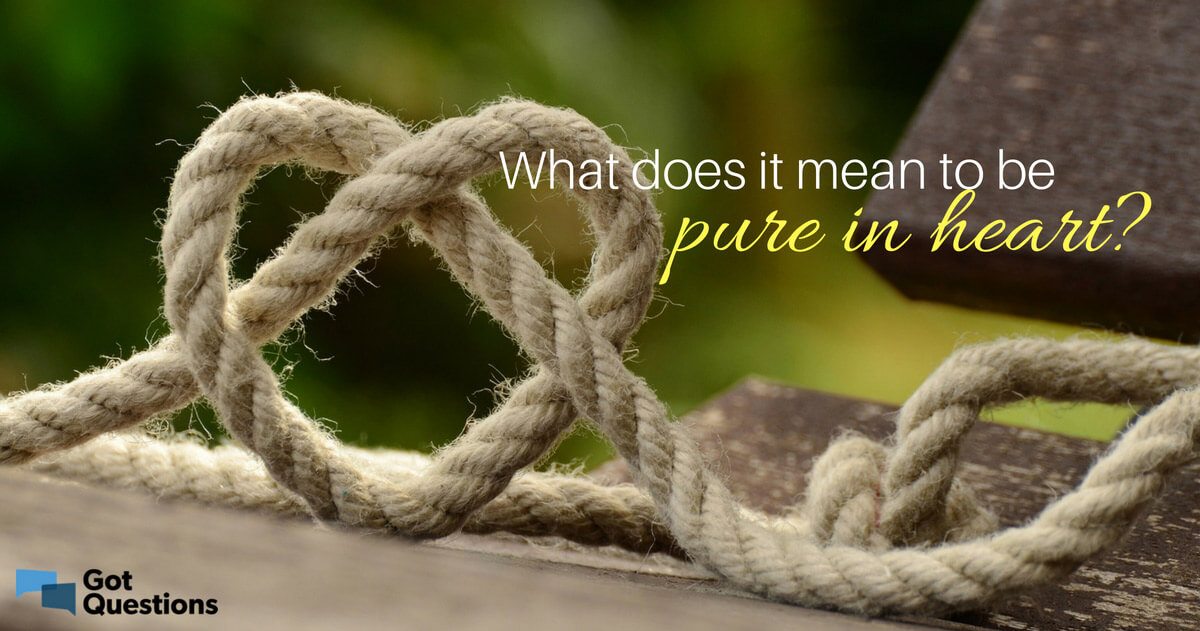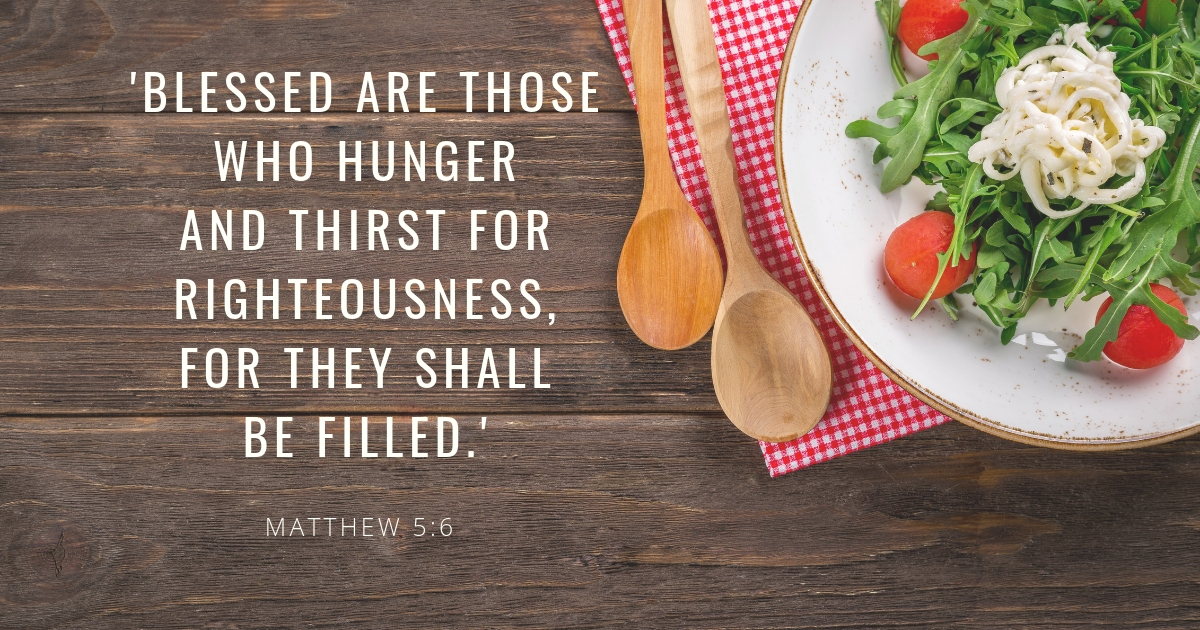Mar 14 Worship: Lenten Sunday – Beatitudes
Lenten Devotional – Week 4
Matthew 5: 7-8
“Blessed are the pure in heart, for they will see God.”
“Blessed are the peacemakers, for they will be called children of God. ”
SUNDAY, Mar 14: BLESSED
Some translators use the word ‘happiness’ as another meaning for ‘blessed.’ As if the blessing confers a state of happiness upon those who have been named.
Yet in the upside-down world of the Beatitudes, often those who are named as blessed are also those grappling with complex personal and societal challenges. They’re living in or addressing poverty. They’re naming weaknesses and faults and vulnerabilities. They’re facing injustice and oppression. They’re living in times of lack and inequality. Happiness would seem a far-off state of being.
In this week’s Beatitudes, the blessing falls on those who are pure of heart and those who choose peace. These are not people basking in contentment and easy living. These are people who are walking the Way in the midst of extremes. They’re choosing love over hate. They’re choosing a path of resistance and nonviolent revolution. They’re addressing personal problems and societal wrongs.
‘They’ is also ‘us.’ Remember, we’re often the folk who strive for such values. We want to live by these ideals of purity and peace-making. At our best, we act and speak in support of these characteristics.
Yet we know that we often don’t feel pure. Or peaceful. Or happy.
We fall short. Our hearts fall short. The world falls short. Rather than feeling happy, we’re disappointed. Frustrated. Angry. Afraid.
Perhaps it’s more helpful to use the word ‘joy’ rather than ‘happiness’ as the promise of ‘blessedness’. Happiness is like weather: fleeting and seasonal. Always-changing. Joy is the sky: deep and eternal, unaffected by the winds and rains, because it springs from a deeper, higher place. How else do we explain accessing humor, peace, hope, and joy in the hardest, most life-threatening times? Abiding joy is there: growing, rising, connecting us to the sacred love of God.
Yet in our daily living, we’re more aware of the weather than the sky behind it. We feel the immediate effects of emotions and circumstances, and question the blessing.
We’re susceptible to changing conditions. Being blessed — or happy — may not seem like a tangible, deliverable, real promise. A state of being available to us, here and now. Most of the time, we’ll struggle to imagine how the conditions named in the Beatitudes can lead to a blessing.
After all, we fall short of deserving such gifts. How can they possibly be true? That’s the beauty of the Beatitudes. Instead of asking us to be perfect, the Beatitudes bless us as we are: bundles of hope, desire, and aspiration. We’re full of potential, but we’re definitely not idealized versions of humanity.
The One who blesses us, also recognizes the value of our hunger. Our yearning. Our motivation. Our turning toward God. Our almost-honesty. Our love-seeking selves. Our desire to do what’s right. Our longing for peace.
By now, the Beatitudes have modeled for us, over and over, that we’re usually in a position to need more than we can give. We’re broken open. It’s that vulnerability that permits us to receive what is offered.
We are enough, just as we are. Beloved. Chosen. Claimed. Adopted. Welcomed. Wanted. As humans, we may reflect each of these Beatitudinal conditions and characteristics at different times in our lives. God will work through us, imperfect as we are, if we simply receive the blessing of love being poured out for us. — Rev Gail
MEDITATIONS:
Blessed is the influence of one true, loving human soul on another. — George Eliot
I’m blessed and I thank God for every day for everything that happens for me. — Lil Wayne
Blessed are those who give without remembering and take without forgetting. — Elizabeth Bibesco
Life is filled with tragedy, with long patches of struggle and with, I think, beautiful bursts of joy and accomplishment. Blessed with those moments, you just try to relax as much as possible and focus on the little things, like the joy of changing your baby’s diaper. — David Dastmalchian
Challenge or Question: Identify a blessing within your life. One aspect of your life for which you are grateful. Give thanks for it. Say a prayer, write it in a journal, or light a candle to acknowledge this blessing.
Lenten Devotional – Tue, Mar 9: THIRSTY
Tue, Mar 9: THIRSTY
When Matthew addresses hunger and thirst, we can consider them as intertwined appetites of body, mind, and spirit. Our thirst begins deep inside, born among the gaps and absences, hurts and shortcomings. Something is missing. We feel empty — or perhaps incomplete — and long to be filled.
Spiritually, we’re thirsting for a more life-giving and essential connection, healing, and relationship. It often arises as a sense of longing, questioning, or restlessness, to which Christ speaks in this Beatitude. It also echoes the long narrative thread of water in Biblical stories.
Of course, Christ is called the Water of Life. Truly, the sacred element of water, especially in desert settings, is not just symbolic: it is crucial to thriving.
We can trace the stories of water from Hebrew scriptures to the Gospels and letters of Paul. It begins with the creation story of the waters covering the face of the earth, arises in the the great flood and covenant with Noah, and flows in the river that carried baby Moses away from Miriam to the Egyptian princess that raised him, rolls back as the famed parting of the Red Sea for the fleeing Israelites, the springs forth as the fountain of water when Moses struck the rock with his staff. It returns in stories of the wells and rivers and oases that nourished flocks and shepherds and whole tribes. It is the backdrop for the tale of Jonah and the fish and a gathering place in distance lands around which the exiled Israelites gathered and wept. Among the stories of Jesus are those that include being baptized by John in the Jordan, asking for water from the woman at the well, transforming water into wine at the wedding, calming stormy waters, walking on the water, washing the feet of his followers, and weeping as he died on the cross. Then again, water becomes crucial in the apostolic tales of baptizing new believers such as Lydia or traveling across the seas to new cities and faith communities.
How do we trace the story of thirst, and life-giving responses we have experienced, in our own lives?
Always, thirst suggests a vital need within us: in this case it is for more than the survival of our bodies. Jacques Phillipe writes, ‘The fourth Beatitude points to a question; what is my deepest desire? Hunger and thirst are images for what is most essential … What desire is the principle of unity in my life?’
Sometimes, mistakenly, we reach for easy comforts that sate and distract. Ones that cannot meet our deepest need. As humans, we often take shortcuts to satisfy underlying emotional, psychological, spiritual needs and thirsts.
In part, this Beatitude addresses the honesty of accounting for the ways we are harmful to ourselves and others as we search for Godself. We make mistakes by quenching lesser and unhealthy cravings along the way. They get between us and a healthy relationship with ourselves, other people, and Godself.
In twelve-step models, this parallels taking inventory of our moral issues. Christ blesses those who acknowledge their hungers and thirsts — their addictions and desires and habits — and then re-direct themselves, striving for satisfaction in healthy and holy ways.
These forms of inventory, and seeking right relationship, can also occur at societal levels. Certainly the focus on relationship suggests community as part of the response as well as the source of the trouble. Jacques Phillipe observes, ‘Hunger and thirst for justice, desire for the Kingdom, far from being passive waiting, are actively expressed in announcing the good news of the gospel and the work of transforming society to which each of us is called.’
Our desires may be met and filled by a focused connection to Godself and a supportive community. Yet simply to realize that we have such a need is an important step along the Way of Christ. Revealing these vulnerable, imperfect aspects of our being and our society can lead to healing: reinforcing personal and communal practices that support wellbeing.
This process doesn’t promise to be easy. Yet the Beatitude assures us that we will be filled. All the gaps and fissures, the broken places, the emptiness and isolation, will be topped off. God’s abundance overflows. We are renewed through relationships with creation, other people, and with Godself. — Rev Gail
Animals praise a good day, a good hunt. They praise rain if they’re thirsty. That’s prayer. They don’t live an unconscious life, they simply have no language to talk about these things. But they are grateful for the good things that come along. — Mary Oliver
When you’re thirsty and it seems that you could drink the entire ocean, that’s faith; when you start to drink and finish only a glass or two, that’s science. — Anton Chekhov
It’s a great responsibility before God, the judge who guides us, who draws us to truth and good, and in this sense the church must unmask evil, rendering present the goodness of God, rendering present his truth, the truly infinite for which we are thirsty. — Pope Benedict XVI
Challenge or Question: In what ways do you feel empty? When does this emptiness seem healthy and when is it a problem? What fills the emptiness or ‘lack’ for you?
Lenten Devotional – Mon, Mar 8: HUNGRY
In the Gospel of Luke, the blessing extended by this Beatitude is offered to the appetites of the body. “Blessed are you who hunger now, for you will be satisfied.” Yet the author of Matthew deliberately deepens and extends the intention of Christ’s blessing. He suggests that it is given to those who hunger for righteousness.
What does that word, righteousness, even mean to us? What are we yearning for, if we desire righteousness?
In simple terms, it means right relationship. We use the language of longing for God, if we are Christians. We might reach for other ethical expressions, if we don’t come from this faith tradition. Such a desire for a bond with the sacred — to relate to something or someone beyond ourselves — seems intrinsic to humanity: we were created to be connected.
Relationships are essential to humans. Our brains are wired that way, our communities are shaped that way.
Of course, just because Matthew points us toward the spiritual aspect of our longing, doesn’t overlook bodily needs During his life, Jesus first addressed the most immediate physical requirements of people in his company: food and drink, healing and respite. Only then did he teach and preach, offering a different sort of satisfaction that sated and quenched the soul, too.
We, in turn, are tasked to meet the fundamental needs of our brothers and sisters in this world. It’s an ethical imperative taught and practiced among all faith traditions: care for those who are vulnerable.
We should pay attention to this category. If those who are hungry in their bellies are vulnerable, then those of us who long for righteousness are also vulnerable. In our longing, we sometimes turn to other forms of comfort or fulfillment. We feed cravings and appetites in dangerous or destructive ways rather than healthy ones.
Constantly, God calls us away from habits, passions, hungers and thirsts that interrupt our holy relationship with Godself. Christ is known, to us, as the Bread of Life. As humans, we’re forever re-committing ourselves to our holy and holistic connection to God, then breaking the promise, straying away or even turning completely aside, only to find ourselves once more in a place of need and hunger.
Did you know that repent means to turn in a new direction? During Lent, we repent. This season, repenting turns us — or returns us — to a holistic connection with Love, meeting the needs of body, mind, and spirit. — Rev Gail
The danger is not lest the soul should doubt whether there is any bread, but lest, by a lie, it should persuade itself that it is not hungry. — Simone Weil
It has been well said that a hungry man is more interested in four sandwiches than four freedoms. — Henry Cabot Lodge, Jr.
There are people in the world so hungry, that God cannot appear to them except in the form of bread. — Mahatma Gandhi
We all have a hungry heart, and one of the things we hunger for is happiness. So as much as I possibly could, I stayed where I was happy. — Mary Oliver
Challenge or Question: What are the appetites in your life? Which ones are unhealthy or out of control? Which ones do you want to adjust for greater wellbeing?


